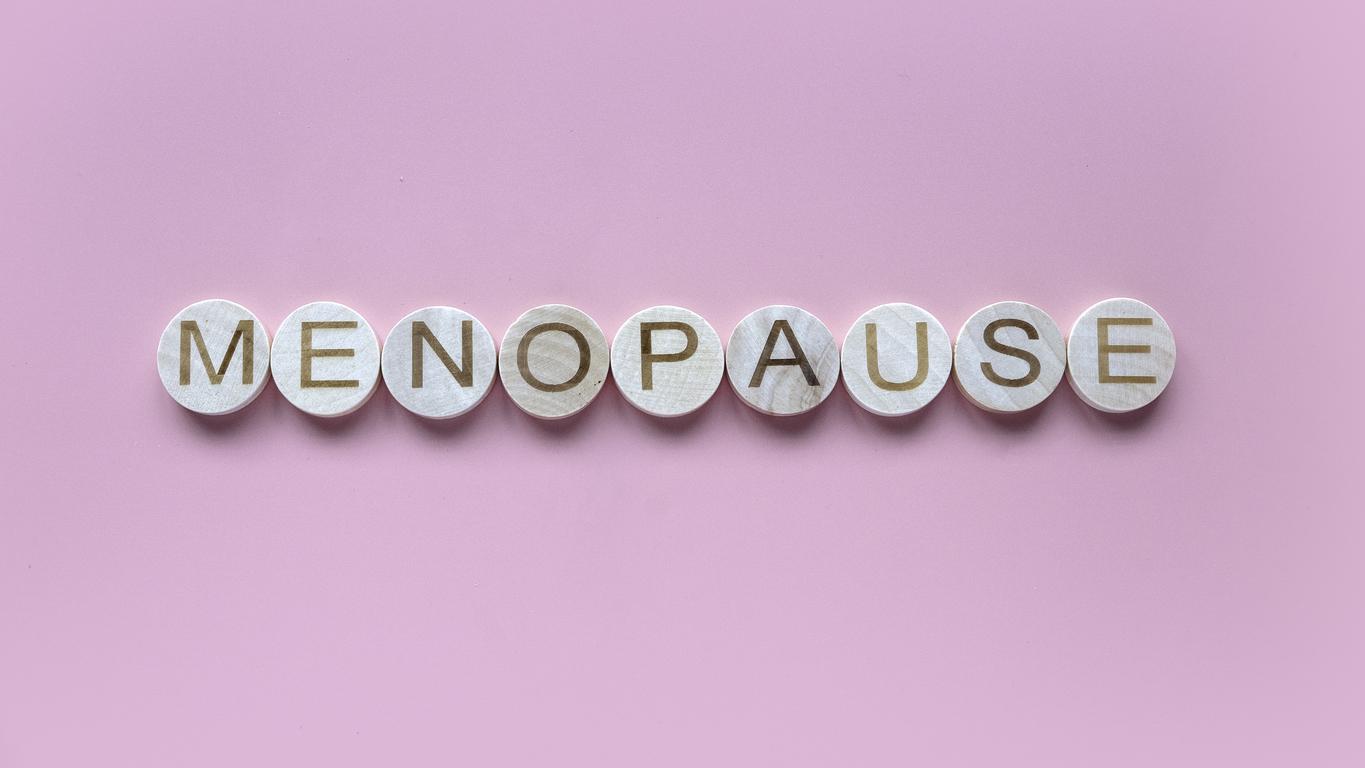A study, still in progress, reveals that rapamycin could be used to slow the aging of the ovaries.

- According to an ongoing study, a low dose of rapamycin (5 mg) could reduce ovarian aging by 20%.
- Participants also reported improvements in their memory, energy levels, and the quality of their skin and hair.
- They did not experience any of the drug’s 44 side effects.
“One of the earliest and most profound changes associated with human aging is the rapid decline in ovarian follicular activity and reproductive capacity. Beginning around age 35, fertility rates decline as oocyte number and quality decline until menopause occurs around age 51. While human lifespans have increased, the age of menopause has remained largely unchanged, resulting in more and more women living an increasing proportion of their lives in a postmenopausal state,” reported researchers from Columbia University (USA).
5 mg rapamycin per week for three months
Problem: The onset of menopause has profound socio-economic, quality of life and health impacts, including increased risks of cardiovascular disease, osteoporosis, cognitive decline and dementia. Thus, in the context of workswhich are still ongoing, American scientists wanted to evaluate whether a drug, rapamycin, was capable of delaying ovarian aging in women. The latter has already been shown to be effective in slowing down or reversing certain pathways associated with aging in animals.
To conduct their study, the team recruited 34 adults under the age of 35. However, new people are joining this research every day, which will include “eventually more than 1,000 women.” Volunteers receive a low dose of rapamycin, specifically 5 mg, per week for three months. The reason is simple: “Too much rapamycin could stop ovulation altogether and it is not yet known whether the quality of the follicles will deteriorate during the extra life of the ovaries, thus producing eggs more likely to contain genetic abnormalities,” according to the authors.
Menopause: Rapamycin could reduce ovarian aging by 20%
In an interview with the Guardianlead author of the work, Yousin Suh, said that, according to initial results, the women continued to have their periods normally. “This means that we have found the perfect dose: if we gave too much, menstruation would become irregular or stop,” said Zev Williams, co-author of the study.
Another observation: rapamycin could reduce ovarian aging by 20%. In addition, patients would not experience any of the drug’s 44 side effects (mild nausea, headaches, hypertension, etc.). According to the professor, randomized and placebo-controlled participants reported improvements in their memory, energy levels, and the quality of their skin and hair. “Improvements consistent with other cohorts on rapamycin that have suggested the drug can increase lifespan by 9 to 14 percent while revitalizing the immune system and organs that deteriorate in old age.”

Fertility: “More freedom over when women have babies”
“The results of this study are very, very exciting. They mean that people with age-related fertility problems now have hope, where they didn’t have it before. (…) Our vision is that women in their 30s and older can have a simple consultation with their GP if they want more freedom over when they have babies. Women could stop taking rapamycin after the menopause, but the wider health benefits the drug appears to bring may encourage them to continue,” concluded Yousin Suh.


















